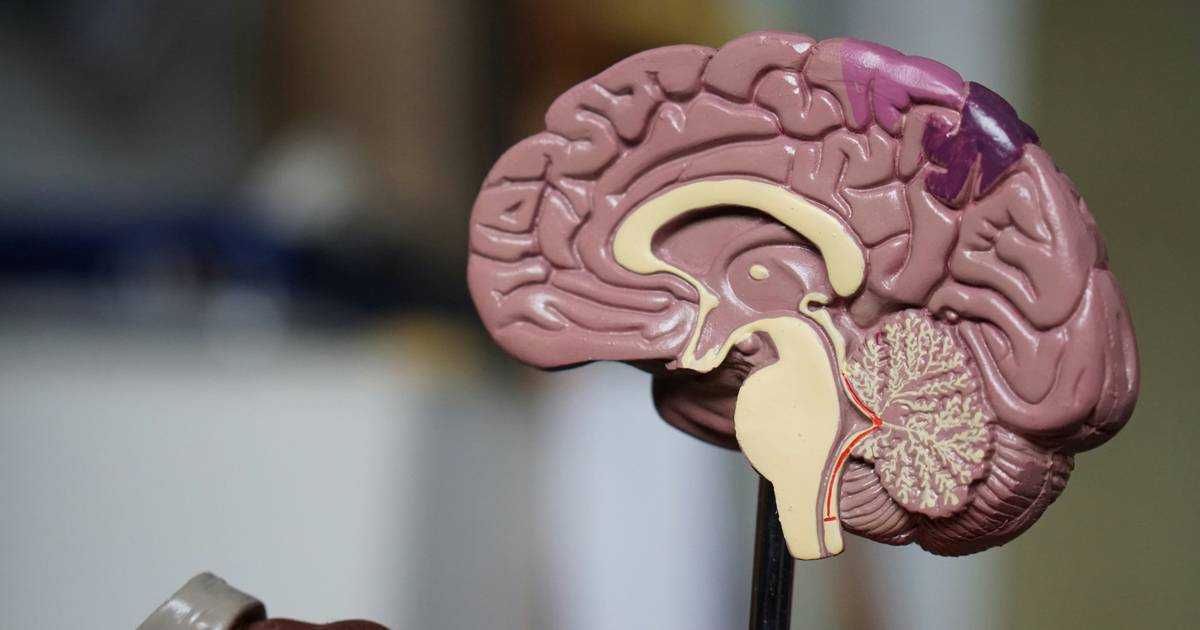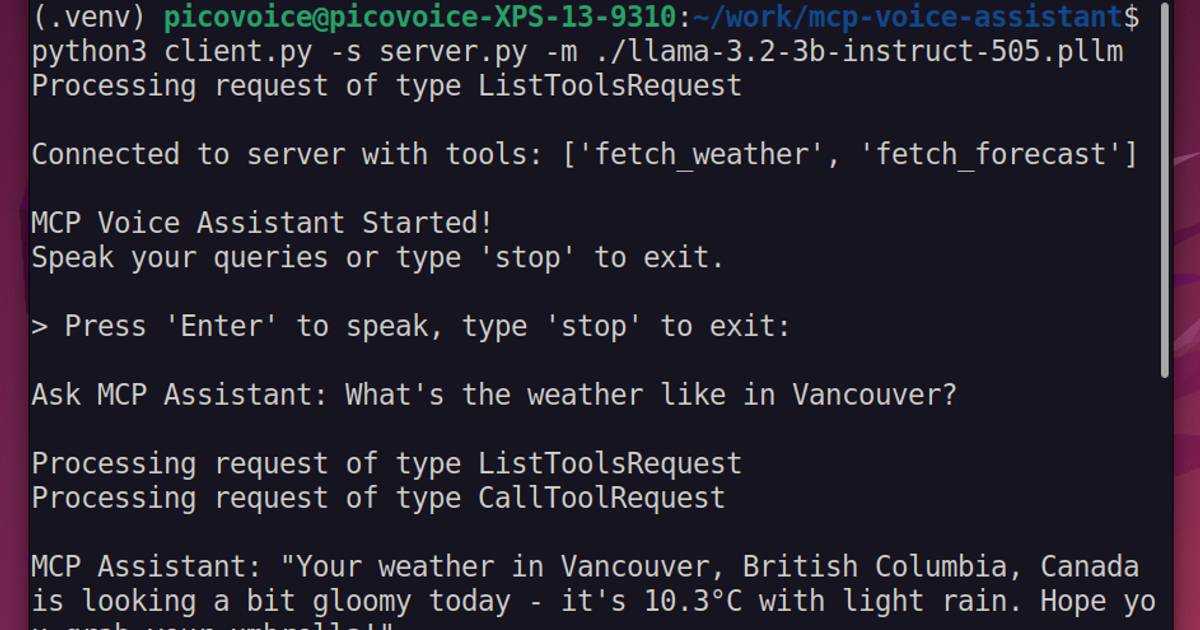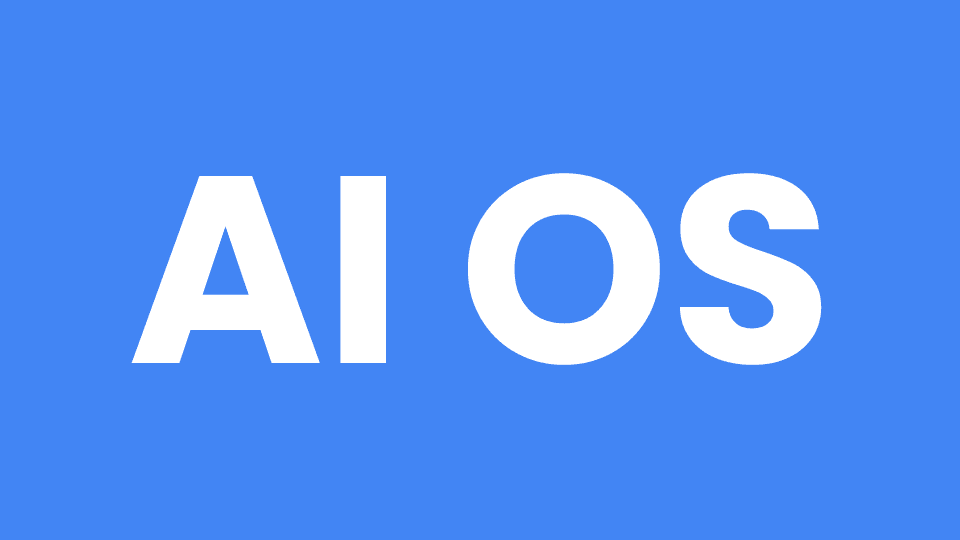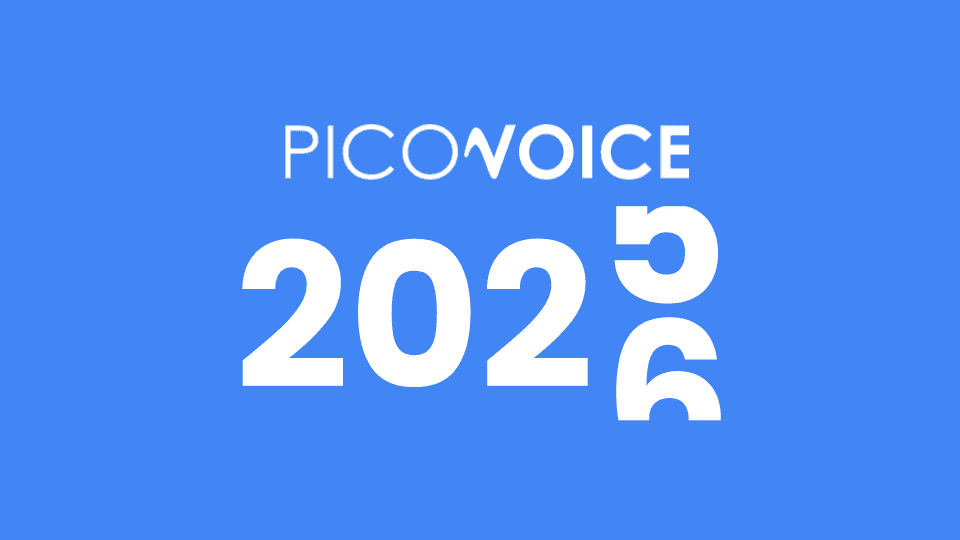Artificial Intelligence has been around for a while. However, recent advances and new terminology caught buyers and users off guard. Transformers, Large Language Models, Generative AI… It's not just buyers or users. Even vendors and researchers use different terminology to refer to the same technology.
Speech Recognition and Voice Recognition are an example of terms used interchangeably. A quick Google Scholar search shows articles use Speech Recognition and Voice Recognition interchangeably. Voice Recognition has a disambiguation page on Wikipedia.
What's Speech Recognition?
Speech Recognition is a subset of Speech Processing and refers to the technology that converts spoken language into other forms. While there are other technologies that recognize speech, the most known Speech Recognition technology is Speech-to-Text. Thus, people use Speech Recognition and Speech-to-Text interchangeably. Automatic Speech Recognition, Open Domain Large Vocabulary Speech Recognition, Speech-to-Text, Voice-to-Text, Audio Transcription, and Verbatim Transcription are other terms used for the technology that transcribes spoken words into written form.
Picovoice's Leopard Speech-to-Text and Cheetah Streaming Speech-to-Text engines recognize speech and turn them into text.
How does Speech Recognition work?
Speech Recognition algorithms break the audio input into sounds (phonemes) and return a textual representation. Methods used to train Speech Recognition software varies. Some Speech-to-Text models use old-school methods, e.g., Hidden Markov Models (HMMs) and Gaussian Mixture Models (GMMs). However, the latest Speech Recognition algorithms use Deep Learning. Even then, the architecture choice varies and affects how an individual Speech Recognition software works.

Speech Recognition algorithms break the audio input into sounds (phonemes) and generate a textual representation.
Although Speech-to-Text is the most known Speech Recognition software, it's not the only one. Don't forget to check out automatic speech recognition alternatives!
What's Voice Recognition?
Voice Recognition is another subfield of Speech Processing but wider than Speech Recognition. While Speech Recognition deals with meaningful sounds, i.e., speech, Voice Recognition also covers non-speech segments, whether humans say things have a meaning or not. Speaker Recognition, Speaker Identification, and Speaker Verification is an example of Voice Recognition and enables various applications from call centers, health care, media, and entertainment. Another example of Voice Recognition is the tools used in speech analytics, such as gender identification or age estimation, and in healthcare to detect neurological, neurodegenerative, psychiatric, or respiratory disorders such as ALS, schizophrenia, and pneumonia leverage voice characteristics and patterns of individuals.
How does Voice Recognition work?
Voice Recognition systems analyze vocal features such as pitch, tone, rhythm, and pronunciation and find patterns. Speaker Recognition systems focus on individuals' voice characteristics, whereas speech analytics and disease analysis tools focus on the patterns of a group of individuals.
Voice Recognition systems analyze vocal features such as pitch, tone, rhythm, and pronunciation and find patterns.
What matters?
Regardless of the terminology, choosing what works best for your users is all that matters. For a successful voice AI project, we always recommend working backward from customers and starting with their problems. Some problems are straightforward, and developers can easily choose the best technology. However, some require experimentation and subject expertise.
Picovoice's free resources enable developers to evaluate Picovoice technology and start building for free, while Consulting Services allow enterprise plan customers to leverage Picovoice's on-device AI and software development expertise. Choose whichever works best for you!
Find an Expert






